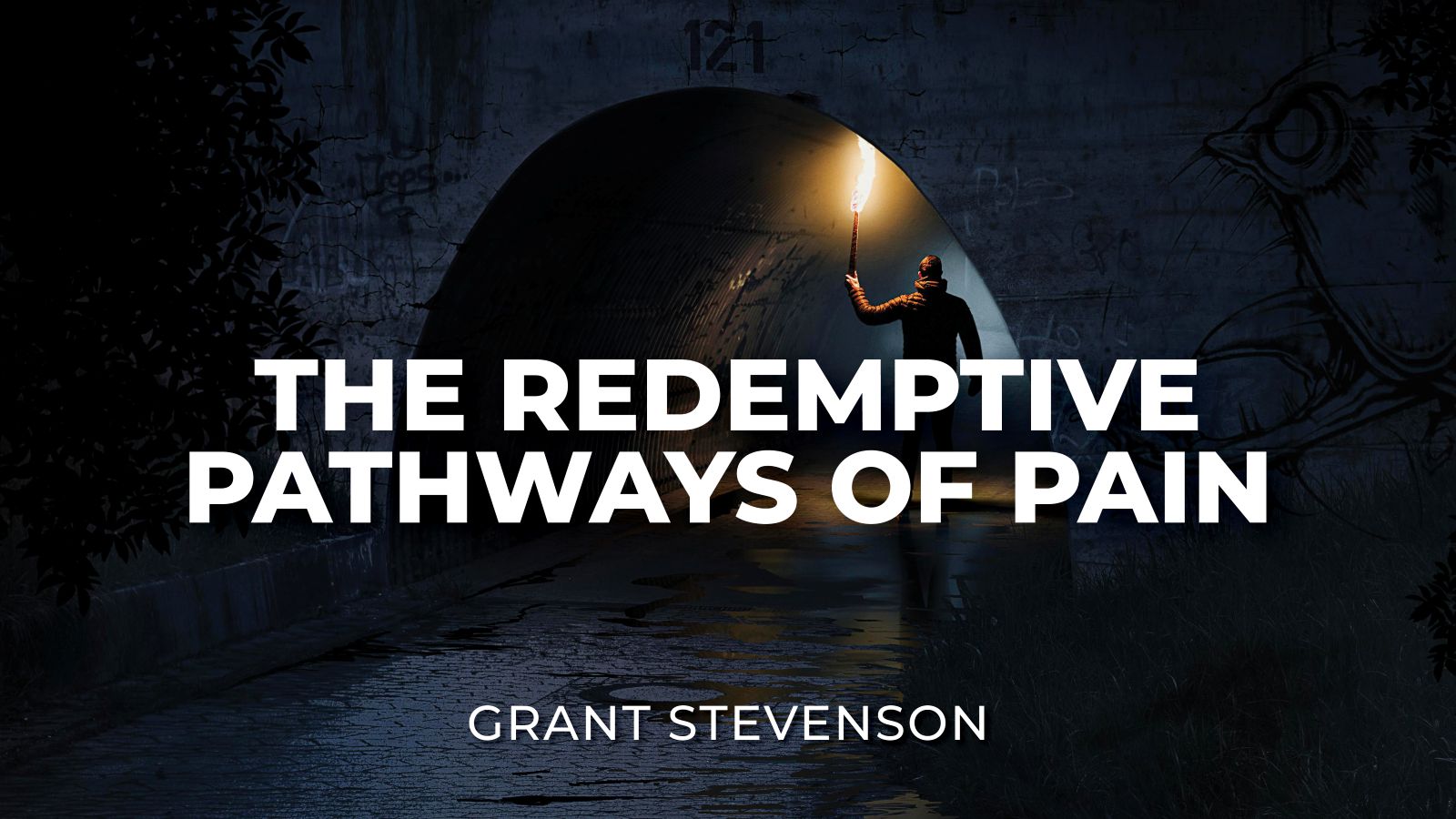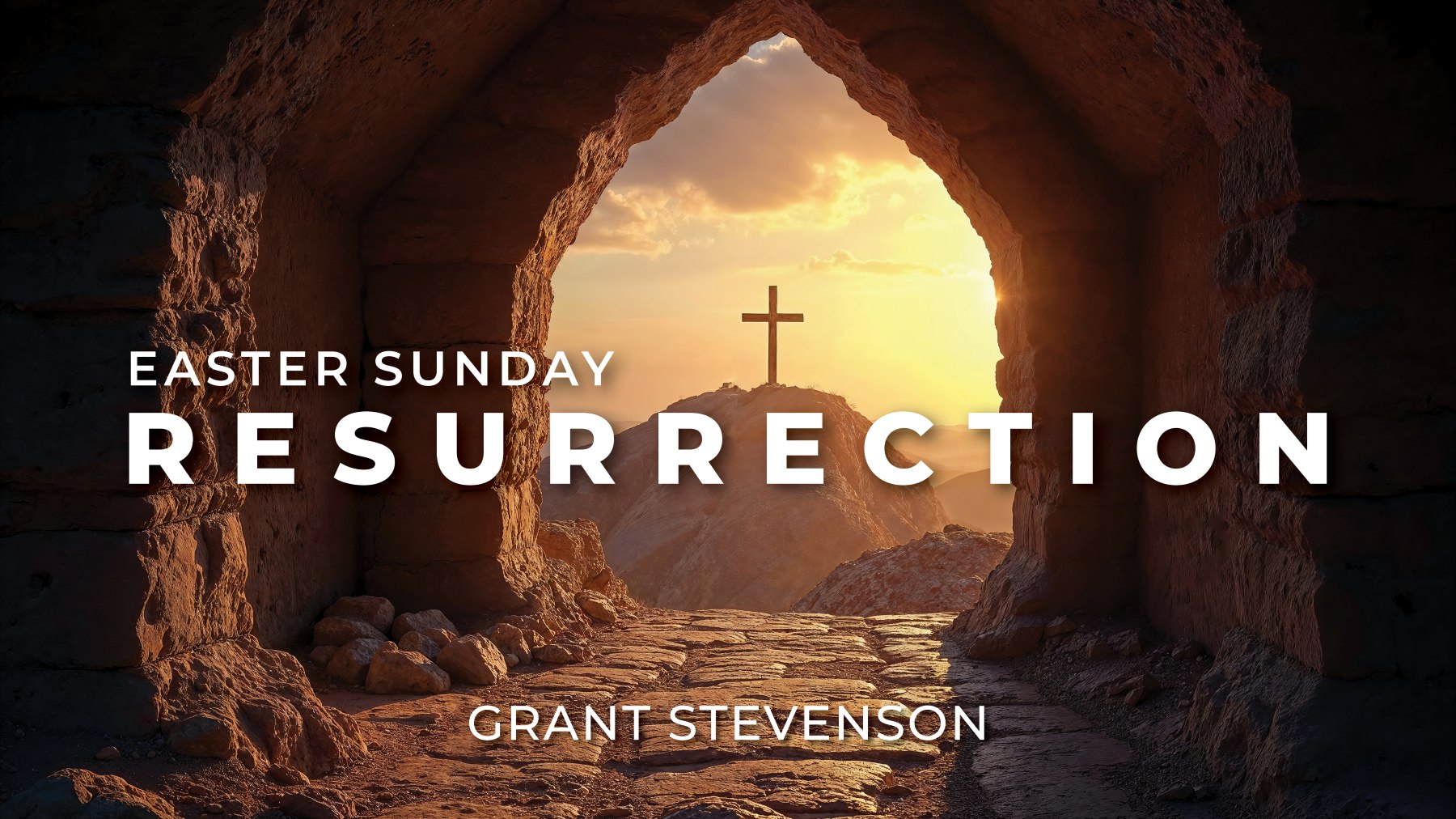The Unstoppable Journey: Lessons from the Jerusalem Church and Its Early Transitions
Today, we’re embarking on a journey through the early chapters of the Book of Acts, exploring the foundational Jerusalem Church and the remarkable transitions that propelled the Gospel beyond its initial boundaries. Acts isn’t just a historical record; it’s a handbook for the church, revealing how the early believers operated and how the glorified Christ continues to work through His people.
Part 1: The Jerusalem Church – A Foundation of Faith (Acts 1-7)
The church began as a sect within the Jewish community in Jerusalem. What made “The Way” so distinctive?
- Jewish in Character, Yet Unique: The early believers were Jewish, worshipping in the temple, observing customs and the Law. However, their distinguishing belief was that Jesus was the Messiah, and they practiced baptism in the name of the Father, Son, and Holy Spirit.
- Apostolic Leadership and Instruction: Initially led by Peter and John, and later by James, Jesus’ brother (who was not one of the original twelve disciples). The apostles provided essential teaching, which was placed first on the list of needs for the new believers. This instruction helped them understand that the Messiah was a suffering savior, a new perspective on the Old Testament scriptures they already knew.
- The Upper Room and the Twelve: The gathering in the Upper Room (Acts 1:13-26) was crucial for the replacement of Judas. The choice emphasized the necessity of having twelve apostles to judge the twelve tribes of Israel. The successor had to have been with Jesus from His baptism until His ascension, witnessing His entire ministry.
- Quality of Fellowship: The Jerusalem Church was marked by a profound sense of unity and joy. They met house-to-house to break bread and pray. A notable feature was the sharing of property (Acts 2:44-45), primarily to support a large influx of foreign Jews who had come for feasts and lacked means of support. This giving was not compulsory but demonstrated their deeply touched hearts.
- The Ananias and Sapphira Incident (Acts 4:34-5:11): This severe judgment highlights the high quality of fellowship God expected. Their deceit was seen as a “little leaven” that could corrupt the “whole lump” of the new church, emphasizing the danger of dishonesty and hypocrisy within the community. Peter clarified that giving was a privilege and a free choice, not an obligation.
Part 2: The Unstoppable March – Transitioning Beyond Jerusalem (Acts 8 onwards)
Acts chapter 1, verse 8, serves as the key verse and structural outline for the entire book: “But you will receive power when the Holy Spirit comes on you; and you will be my witnesses in Jerusalem, and in all Judea and Samaria, and to the ends of the earth”. This outlines the geographical expansion of the Gospel, guided by the Holy Spirit.
The transition from a Jewish sect to a universal faith was a gentle process, orchestrated by the Holy Spirit. He “weaned them away from temple worship and pruned them of attitudes towards Gentiles”, rather than imposing a whole new system at once.
Here are the key steps in this remarkable transition:
- Stephen’s Sermon and Martyrdom (Acts 6:8-7:60): Stephen, chosen as one of the helpers, realized that Jesus fulfilled what the temple foreshadowed, hinting at the redundancy of the temple and Jewish worship. His powerful sermon and subsequent stoning led to intense persecution, causing believers to scatter from Jerusalem. This persecution, though harsh, served as a “Divine kick” that propelled the Gospel outward, planting churches wherever believers went. Saul (Paul) was present and approved of Stephen’s death.
- Philip’s Preaching in Samaria (Acts 8): Philip’s decision to preach in Samaria was a surprising action for a Jew, given the historical animosity between Jews and Samaritans. His ministry was endorsed by the apostles in Jerusalem, signaling early acceptance of outreach to non-Jews. This step helped overcome racial backgrounds and prejudices.
- The Ethiopian Eunuch (Acts 8:26-40): This encounter highlights several principles: ministry to an individual is as important as to the masses, racial prejudices can be overcome (eunuchs were often excluded from full proselytization), and the method of preaching Jesus from the Old Testament was demonstrated.
- The Conversion of Saul (Acts 9, 22, 26): Saul’s conversion was one of the greatest events in church history, described three times in Acts. Jesus identified fully with His church when He confronted Saul, saying, “Why do you persecute me?”. The Lord commissioned Saul (who became Paul) as the Apostle to the Gentiles. Paul later affirmed that Jesus’ appearance to him was the last of the post-resurrection appearances.
- Peter’s Preaching to Cornelius (Acts 10, 11, 15:7): This was the final and crucial transition step, orchestrated by the Holy Spirit. Peter, staying with Simon the tanner (a ceremonially unclean trade), received a vision preparing him to accept Gentiles. Cornelius, a God-fearer, also received a vision. When Peter preached to Cornelius’s household, the Holy Spirit fell on them, proving that God admits Gentiles into the church without requiring them to become Jewish first. This event led to great rejoicing in Jerusalem, as they acknowledged that God had granted “even to the Gentiles repentance unto life”.
This move introduced a note of universality into the kerygma (the gospel proclamation), meaning Jesus’ message and salvation were for everyone. This also raised the significant question of law vs. grace, which the church had to resolve. The emphasis shifted from a “Kingdom perspective” to the “forgiveness of sins and a right relationship with God”.
Part 3: What Can We Learn from Acts Today?
The Book of Acts is ultimately “about the activities of the glorified Christ”. It’s a story of ordinary men and women empowered by a wonderful God, demonstrating that they faced similar challenges as we do today.
- God is in Control: Despite persecutions, troubles, and leadership changes, God has guided His church for two thousand years. The message of the Gospel is unstoppable.
- The Holy Spirit’s Guidance is Key: The early church didn’t just stumble into these transitions; they were led by the Holy Spirit, who gently guided them in the right direction.
- Persecution Can Lead to Growth: When persecution broke out in Jerusalem, believers scattered, inadvertently spreading the Gospel far and wide. God can use hardship for the advance of His kingdom.
- The Power of the Word: The preaching of the Word always caused a stir, sometimes leading to controversy, but the message remained unstoppable.
Let us, as Southside Church, be encouraged by the unstoppable march of the early church. May we embrace the continuous work of the glorified Christ through us, be open to the Holy Spirit’s guidance, and remain bold witnesses in our community and to the ends of the earth!
Discussion Questions:
- What aspect of the Jerusalem Church’s fellowship resonates most with you, and how can we apply it today?
- How did the Holy Spirit’s “gentle guidance” in the transition period prevent overwhelming the early believers? What does this teach us about embracing change in the church?
- Which of the “transition steps” (Stephen, Philip, Eunuch, Saul, Peter) do you find most impactful, and why?
- The sources emphasize that Acts is about the “activities of the glorified Christ.” How does this perspective change how you view the Book of Acts and the mission of the church today?
Here is an overview:


